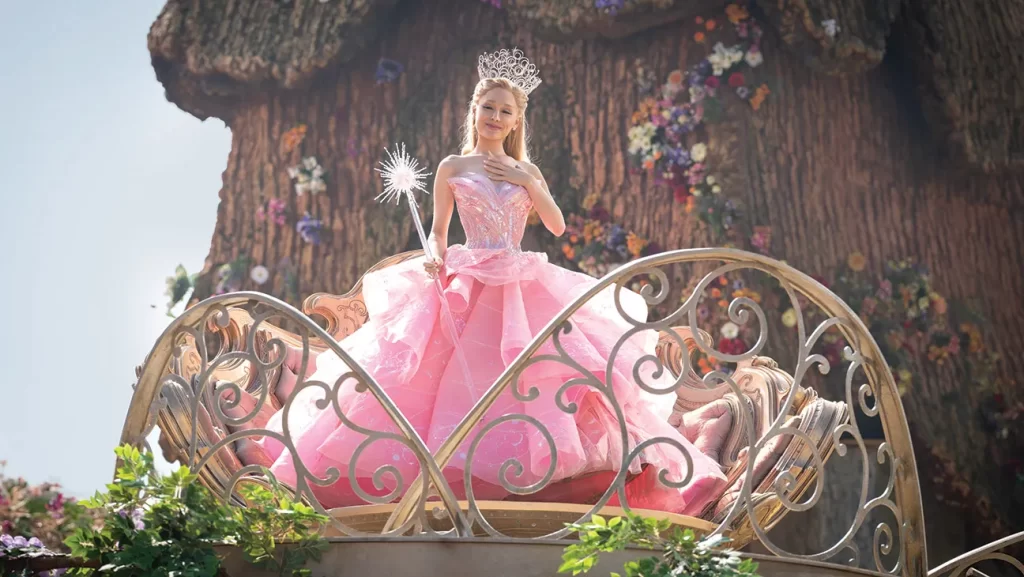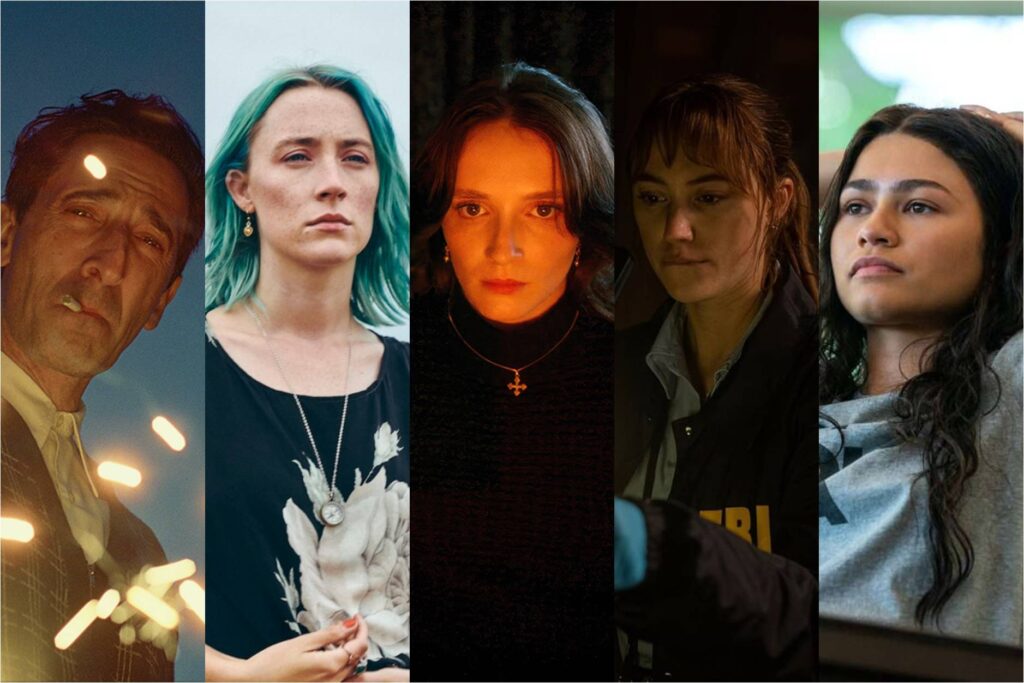Oscars 2024: The Supporting Actors

Now we’re cooking. The past few days, we’ve looked at 2024’s miscellaneous Oscar categories great and small, which means it’s time to dig into the races that might actually interest normal people. First up, the supporting actor races, where the outcomes are virtually assured but my personal preferences are rather less clear.
BEST SUPPORTING ACTRESS
NOMINEES
Monica Barbaro—A Complete Unknown
Ariana Grande—Wicked
Felicity Jones—The Brutalist
Isabella Rossellini—Conclave
Zoe Saldaña—Emilia Pérez
WILL WIN
Saldaña. It helps that she’s the lead of her movie, but that’s not her fault. You can make a half-convincing case for Grande (also a co-lead) if you argue that the Emilia Pérez backlash will preclude Academy members from voting for it in any major category. But Saldaña has been saying all the right things on the circuit, where she’s been scooping up every trophy in sight. With luck, she’ll use her speech to accuse the audience of acting like a baby, making noise, don’t know what to do. Read More




